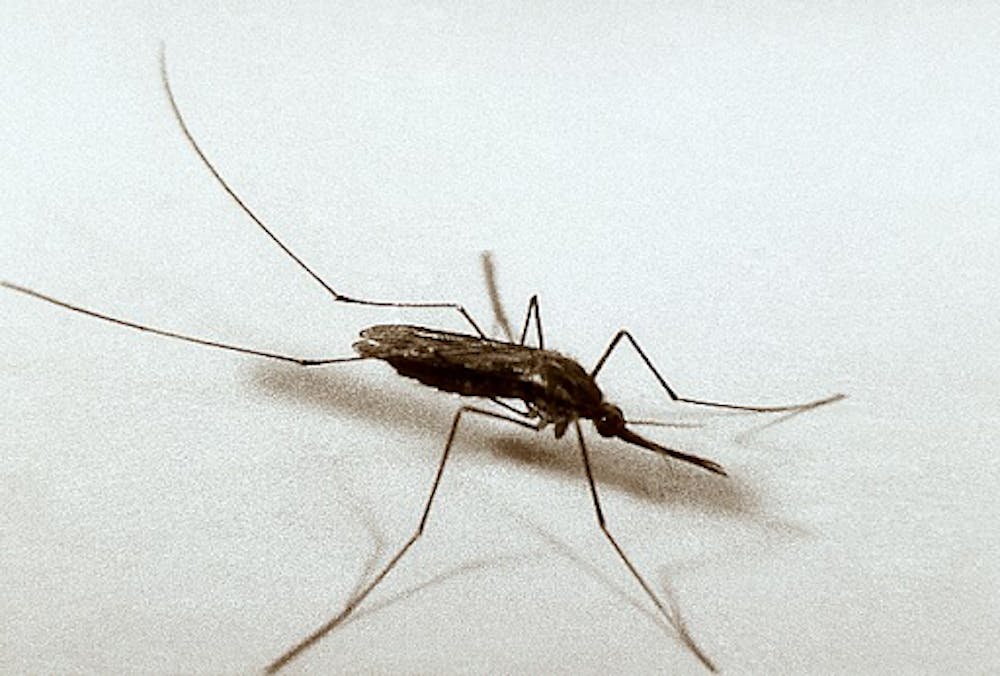By Isabella McHugh
Staff Writer
For as long as humans have known, mosquitoes never ventured past the chilly Icelandic borders. Now, for the first time, three of them made it a home.
Three mosquitos were discovered by a man named Bjorn Hjaltason according to the New York Times.
Hjaltason found them on a farm in Kjós, which is just north of Reykjavík. The mosquitos were on a wine-covered rope used to attract insects made by Hjaltason, and for this method a rope is dipped in sweet wine.
“At dusk on October 16, I caught sight of a strange fly,” wrote Hjaltason in a Facebook group for insect lovers.
Hjaltason took swift action to capture three of the small bugs, one male and two female, and bring them to an entomologist, Matthías Alfreðsson, from the Natural Science Institute of Iceland.
He identified them as “mosquitoes from the Culiseta annulata species,” wrote CNN.
Experts believe these mosquitoes arrived in Iceland by a vehicle of some sort, and were adjusting to the country’s climate just fine, according to NPR. There have been other reported cases of insects, and even mosquitoes, being spotted on planes and transportation vehicles.
Alfreðsson confirmed that adult mosquitoes in particular can survive the cold if they take shelter. He wrote in an email, “this is the first time” mosquitoes were found naturally in Iceland, according to the New York Times.
Experts believe any changes to climate can alter a country’s environment, according to the BBC. This is a reason people suspect mosquitoes arrived to begin with. This is the first time Iceland was warm enough to host these insects. The country experienced record high temperatures this past spring, according to the BBC. Global warming comes to mind when seeing distinct changes such as this, because as the world heats up, experts expect many such changes in response.
“We should not be surprised that we see mosquitoes popping up in very strange localities,” Bart Knols, a Dutch mosquito expert and a founder of MalariaWorld said.
Colin J. Carlson, an assistant professor of epidemiology at Yale University, said, “Climate change may have made this more likely, but I’m not convinced it’s a clear, direct impact,” according to CNN. He believes mosquitoes are more adept at surviving in colder climates than we think.
Alfreðsson said the insects would need to be observed throughout the next few seasons to see how well they fare. If the temperatures continue to rise, mosquitoes will likely populate the area more and live longer.
As of right now, only three mosquitoes have been found in Iceland, and they all came from Hjaltason’s garden.
He states in a BBC article, “But if three of them came straight into my garden, there were probably more.”







